Acknowledgments
This collection started as an academic symposium sponsored by Colorado State University, Pueblo, in April of 2009. The symposium was part of the Ludlow Memorial Labor fest that CSU-Pueblo had hosted for a number of years. The Labor fest was possible due to the work of Jonathan Rees, Cora Zalatel, and Scott Whited. The symposium was funded by the College of Humanities and Social Sciences, Provosts Office, History Department, and Chicano Studies program.
The contributors to the collection were patient over this five-year journey, responding to numerous e-mails, revising their pieces, and enthusiastically encouraging its publication. I am sure all of the contributors would agree that at the top of the list of the people to thank is the staff at the Bessemer Historical Society and Colorado Fuel & Iron Archives. I started my research there over ten years ago, and in 2007 I was lucky enough to come back to Pueblo to work more closely with all of the staff members. Beverly Allen, Jay Trask, Victoria Miller, Stacy Comden, Mlissa Morgan, Maria Sanchez-Tucker, Tim Hawkins, and Sara Szalsky spent many hours assisting researchers and answering those last-minute phone calls and e-mails.
Special thanks to the University Press of Colorado editor Darrin Pratt, for asking about the manuscript, and Jessica Arbonne for helping to calm my nerves and for making this an enjoyable process.
This collection would not have been written if it were not for Sarah Deutsch, whose work inspired me as an undergraduate student, who I was blessed to study with as a graduate student, and who is the person I still call to ask for advice on my personal and professional life.
My colleagues Lydia Otero and Patricia Trujillo have listened to me in moments of crisis, called to wish me congratulations, and continue to be people with whom I share my highs and my lows.
I have had the pleasure to work with an amazing group of individuals on the Ludlow Centennial Commission and the Ludlow Statewide Committee. Their scholarship laid the groundwork for this collection, and their collaboration has been inspiring. A special thanks to Bob Butero, who has planned the commemorations at Ludlow for many years.
The journey to publishing this piece started many years ago in my high school and university classrooms. I have been lucky enough to be taught by the men I refer to as the Three Garcias. To Vic Garcia, my high school history teacherI wonder if he ever thought that I would become an historian. His love of teaching and history was not wasted. To Juan Garcia, a great mentor and advocate, and to Ignacio Garcia who inspired me to go to graduate school in the first place. Ignacio: This is a book, but not the book.
To my colleague and friend Victoria Obregon, who has taught me how to be a better person, to understand my students, and to live life for all it has to offer.
In the process of putting this collection together, Teodoro and Cecilia have joined me on speaking engagements, meetings, and drives to Ludlow. I hope they come to love the history of Colorado even half as much as I do. Lately when I think about their futures, I wonder if it is too harsh to send them to the coal mines after high school so that later in life they can be the United Mine Workers of America president.
Throughout my professional career I have had the support of my siblings, Melissa, David, Jared, Ammon, and Joseph, who have provided me with many laughs and who miss Tripod as much as I do. Without my parents, whose roaming lifestyle and love of the land kept me anchored to my southern Colorado roots, I would not have challenged myself to make my passion my livelihood. My paternal grandparents Julia Crespin and Albert Montoya taught me to have a great love for my familys history and for southern Colorado. They made Pueblo, Colorado, home to me many years before I came here as a young professor. I wish that my maternal grandparents Melissa McGee and Fernando Herrera were still livingthey would have been thrilled to put this book on their coffee table and share it with their friends over dirty martinis.
To Alysse McCanna for her assistance with footnotes and random summer e-mails. To Dawn DiPrince for her editing, insightful comments, and example of trying to balance home and work life. To my amazing students Stephanie Winchell and Ashley Martinez, who helped me with research, copies, footnotes, and sometimes just sat in the office so no one would come and bother me.
Finally, thanks to my partner, Patricio, who has embraced Colorado as his home and who doesnt wonder why I am up late at night working on the computer.


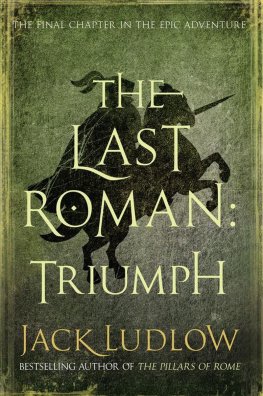
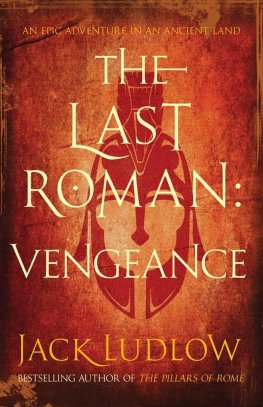
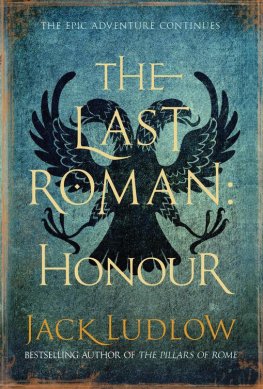
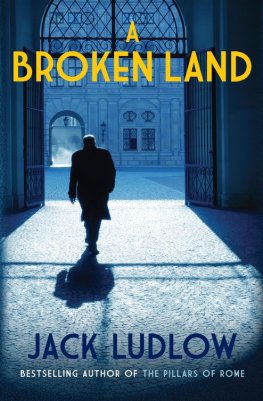
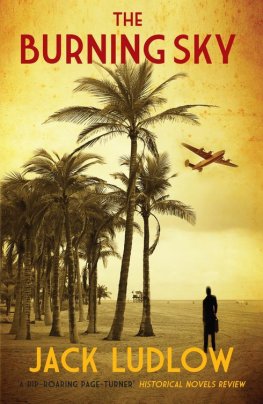
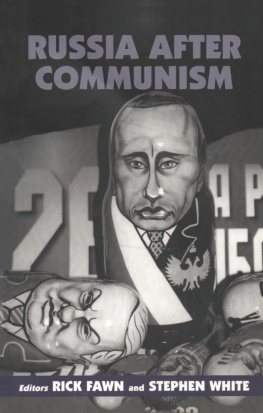
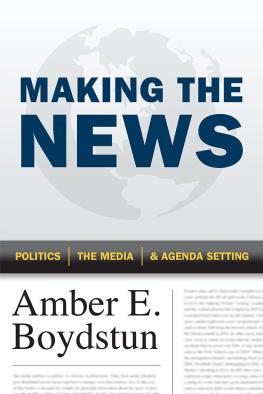
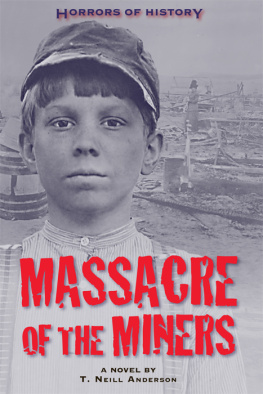
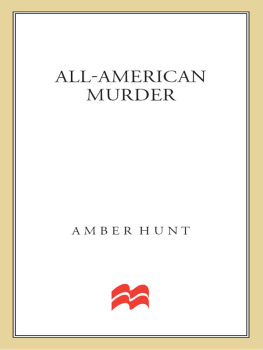
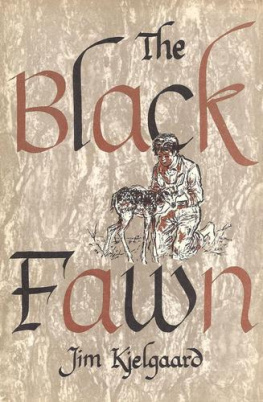

 The University Press of Colorado is a proud member of the Association of American University Presses.
The University Press of Colorado is a proud member of the Association of American University Presses.